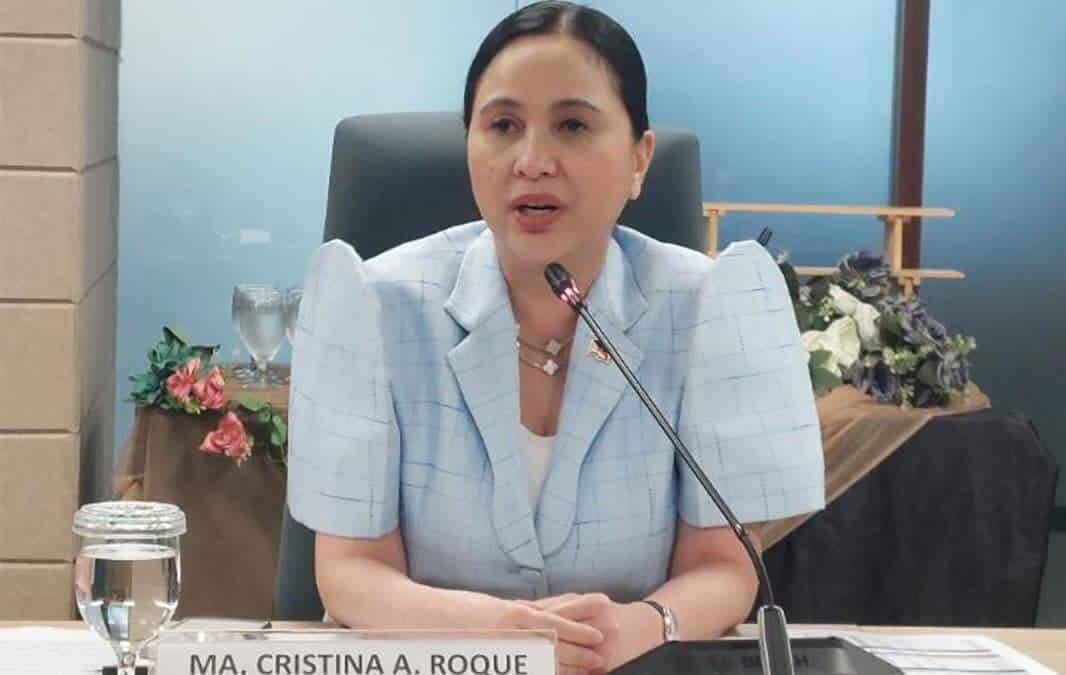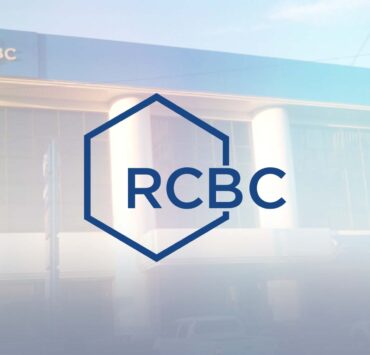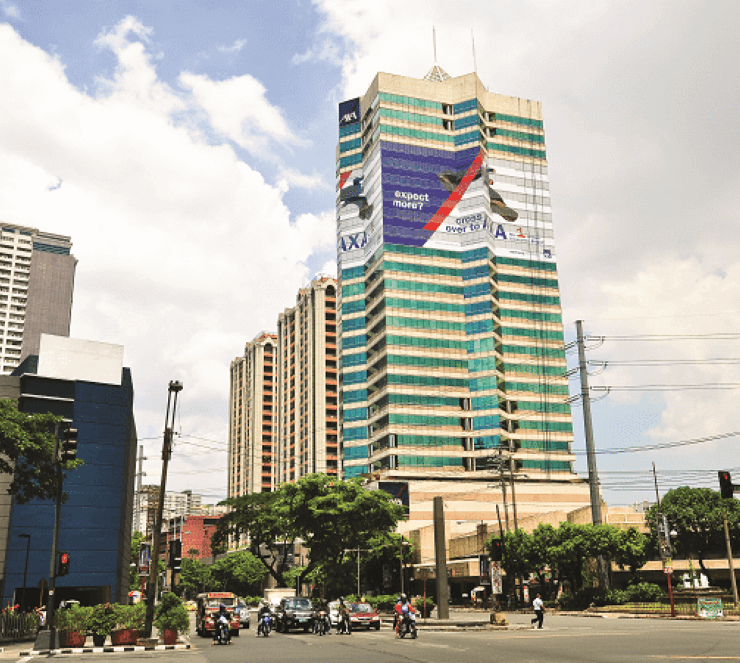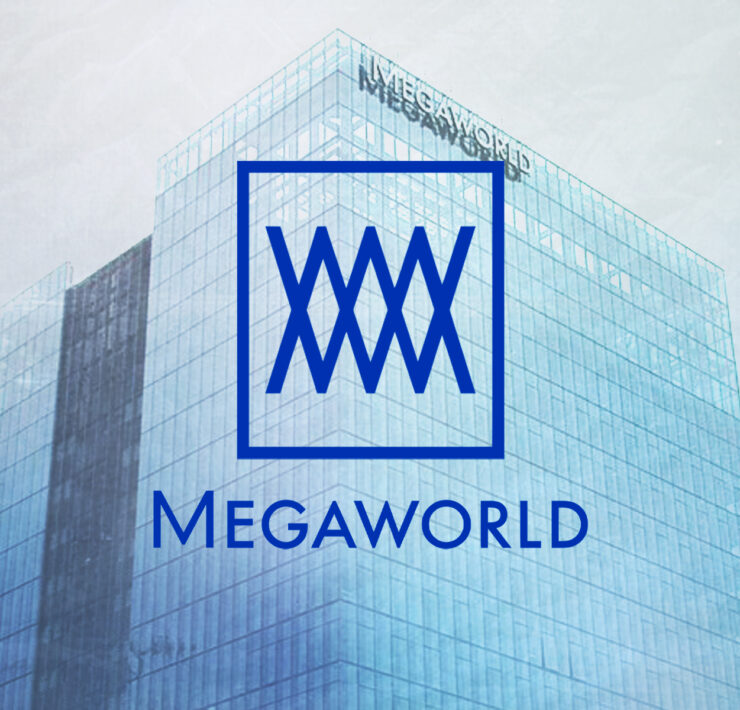‘Sari-sari’ stores at forefront of PH’s shopping destination goal

The government, together with local industry groups, is aiming to boost sales of sari-sari stores in the country to P2.4 trillion by 2030 as part of a strategy to develop the country’s wholesale and retail sector.
Trade Secretary Ma. Cristina Roque said she would be reaching out to owners of these neighborhood mom-and-pop stores next week to better understand the challenges they are facing and explore how the government could support them.
“We will start with them because there are so many of them,” Roque said yesterday during a press conference for the launch of a multiyear road map aiming to promote the country as a premier shopping destination.
Officials from the Department of Trade and Industry, the Philippine Retailers Association and the Supply Chain Management Association of the Philippines were present during the unveiling of the multiyear plan.
“So, once we level them [sari-sari stores] up, even just a 10-percent increase [in sales], that’s going to be a huge jump,” Roque added.
According to the road map, the country’s estimated 1.3 million sari-sari stores contribute between P1.12 trillion and P1.46 trillion to the economy each year.
It is also a significant source of employment, accounting for approximately 8.3 percent of the informal workforce.
From a broader perspective, the road map aimed to position the country as a global spending hub.
It also wants to create a “national shopping calendar” for nationwide sales events, promotions and campaigns throughout the year, helping to boost domestic consumption.
The government also aimed to establish a silver economy, which would help develop and provide products and services for the aging consumer base.
Likewise, the road map seeks to review business licensing processes and compliance regulations.
It also seeks to create a level playing field for online and offline merchants and between local and foreign businesses.
Measures to achieve this include strengthening the enforcement of the value-added tax (VAT) on digital services and implementation of the Internet Transactions Act.
The local wholesale and retail sector remains a vital engine of the national economy, accounting for 18 percent of the country’s gross domestic product (GDP) for a total P4.9 trillion in value.
It is also a major employment provider to around 10.2 million Filipinos, or 21 percent of the country’s workforce.





















